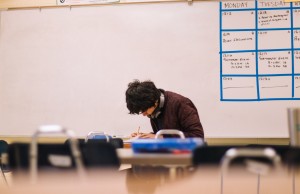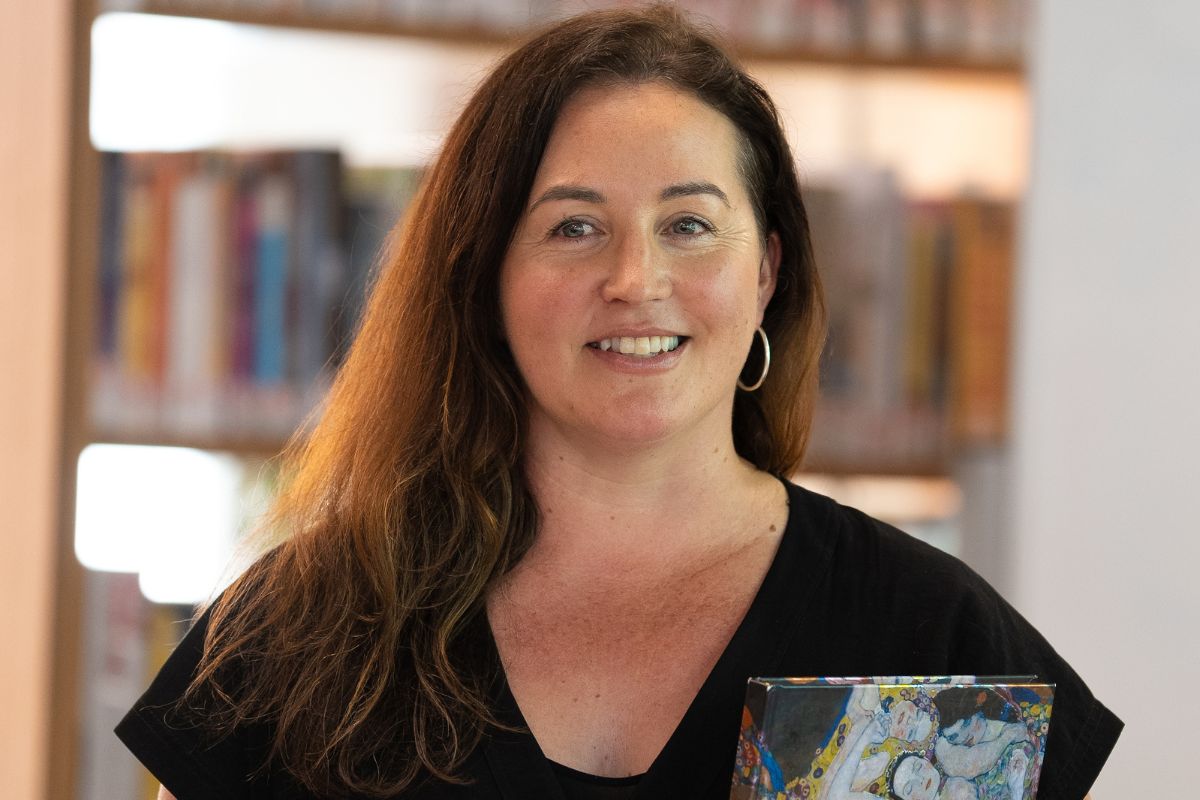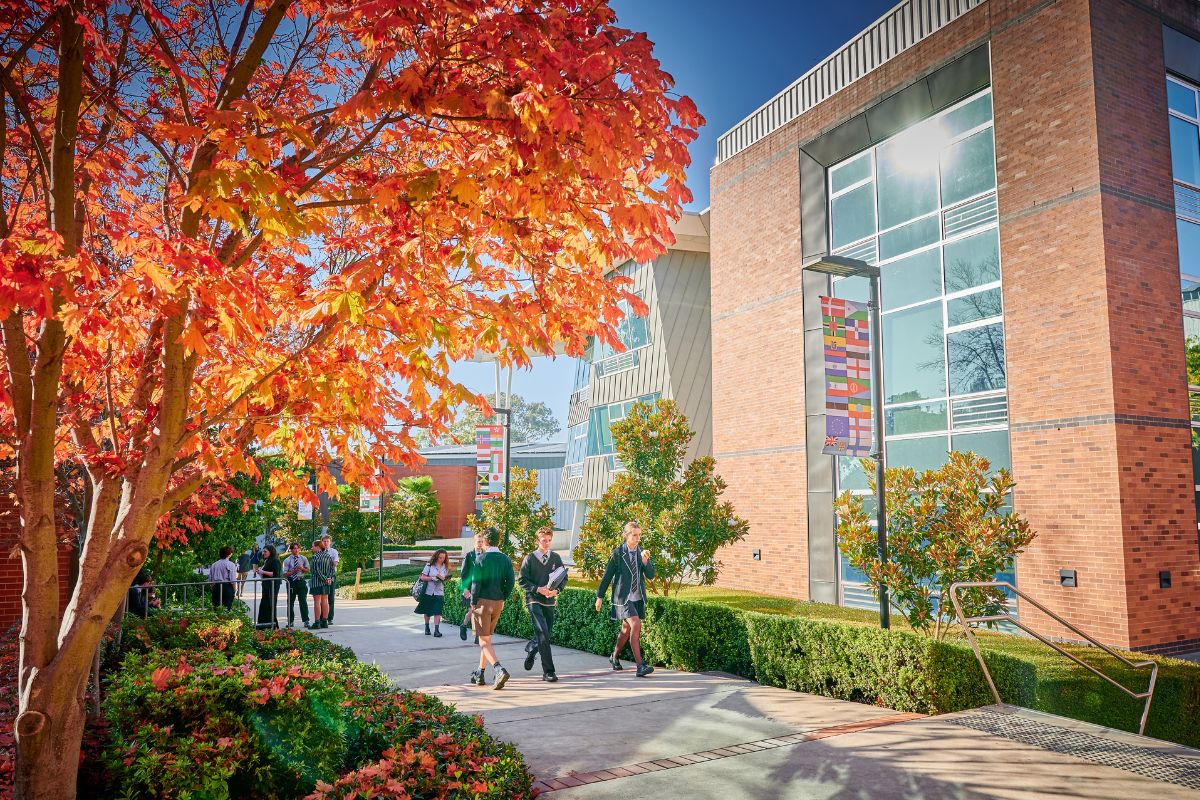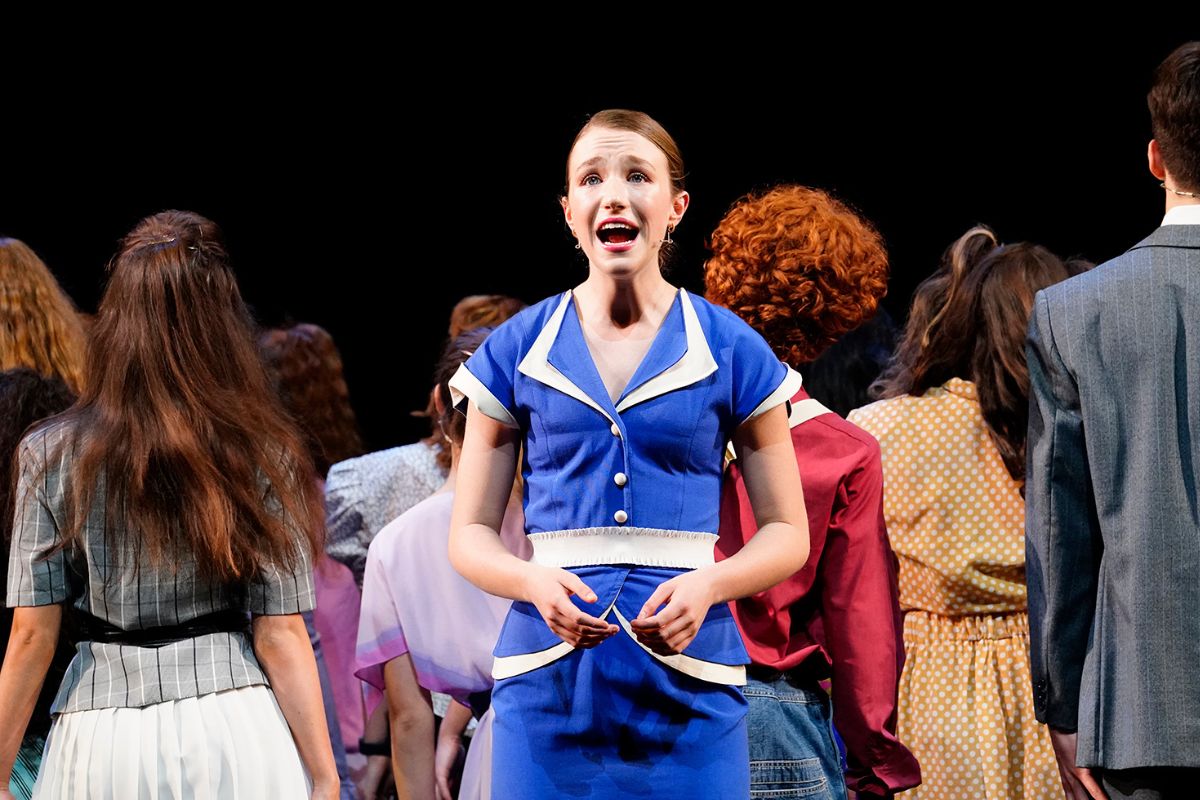International Baccalaureate (IB) in Australian Schools
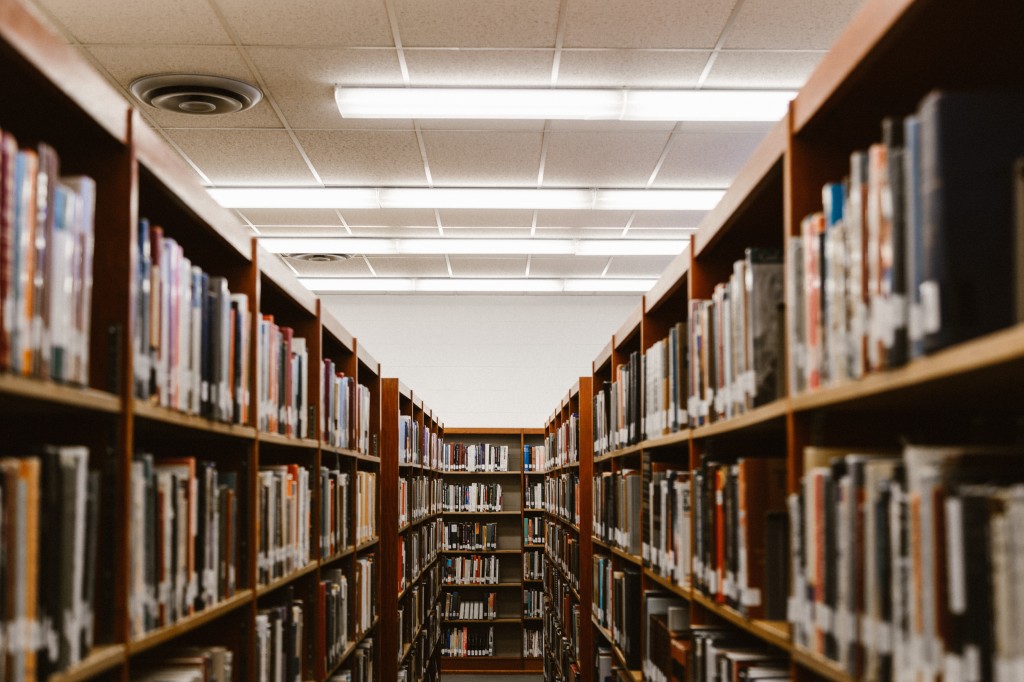
The International Baccalaureate (IB) is an international educational foundation founded in 1968. IB education is academically rigorous, challenging students aged 3 to 19 years old.
To learn more about what IB is, and the difference between HSC and IB visit here.
Different levels of International Baccalaureate (IB) in Australian Schools
Australia has 212 IB World Schools which offer ‘PYP’, ‘MYP’ or ‘DP’ alone or in combination.
What is PYP, MYP, Diploma (DP)?
PYP
‘PYP’ is the Primary Years Programme introduced in 1997. It is the first of four IB programmes.
The PYP is suited to students aged 3 to 12 years old.
As a Primary Years Programme (PYP) school, inquiry is the leading pedagogical approach of the PYP and recognises students as being active participants in their own learning therefore taking responsibility for that learning. Drawing from the transdisciplinary themes and students’ interests, inquiry is an authentic way for students to relate to, explore and understand the world around them, adapting a global mindset. The learner profile supports students in becoming “inquirers”. Inquiry nurtures curiosity and promotes enthusiasm for life-long learning where connections are made between personal experiences to local and global opportunities and challenges.
Ms Yvonne Howard, Deputy Head of Barker Junior School, Barker College, Sydney.
Students gain a conceptual understanding through an inquiry-based, transdisciplinary curriculum framework.
According to the International Baccalaureate Organisation, PYP learners actively engage in ongoing assessment to become ‘self-regulated learners who can act on constructive feedback.
Students as ‘inquirers’ exercise skills and knowledge from 6 subject areas. All PYP students also have the opportunity to learn more than one language from the age of 7.
Schools must be authorised to offer the International Baccalaureate (IB) Primary Years Programme (PYP).
What is the difference between PYP and NESA?
The PYP is not separate from the NSW Education Standards Authority (‘NESA’).
The PYP inquiry learning framework is used to achieve NESA outcomes.
Student development is met through an inquiry–based curriculum.
MYP
‘MYP’ is the Middle Years Programme designed for students aged 11 to 16.
The MYP framework aims to prepare students for the DP. It consists of 8 subject groups including:
-
Language acquisition
-
Language and literature
-
Individuals and societies
-
Sciences including biology, chemistry and physics
-
Maths
-
Arts
-
Physical and health education
-
Design
Students learn a minimum of 50 hours for each subject group every year.
“The IB Middle Years Programme encourages students to make practical connections between their studies and the real world, preparing them for success in further study and in life.”
International Baccalaureate Organisation, <https://www.ibo.org/programmes/middle-years-programme/what-is-the-myp/>.
Like the PYP, the MYP framework also integrates with local education standards.
Students participating in the MYP have demonstrated a developed understanding of global challenges and a commitment to act as responsible citizens.
IBDP
The final program of the International Baccalaureate is the International Baccalaureate Diploma Programme (‘IBDP’).
The IBDP is recognised by leading universities across the world. This portion of the programme is suited to students aged 16 to 19.
The IBDP Curriculum is covered over both senior years (Year 11 and 12). To learn more about the curriculum structure of IB in the senior years, visit here.
The IBDP in Australia is an alternative to the HSC.
To learn more about how the final mark compares to the HSC ATAR, visit here.
Results from International Baccalaureate (IB) in Australian Schools
MLC School in Sydney was named Australia’s top IB School in 2020 and 2021. The school is also a Top 50 IB School on the global scale.
Linda Emms, Head of Learning and Teaching at MLC School notes, “2022 marks 20 years since the first cohort of MLC School students graduated with an International Baccalaureate Diploma. From a small group of seven IB students in 2002; which was less than 5% of the cohort; MLC School’s IB Program has gone from strength to strength.”
“Last year 49 students sat the IB exams, representing 37% of the Class of 2021. Twelve of those IB candidates achieved the maximum score of 45 (an ATAR of 99.95). This the highest number of maximum scores awarded to a school in Australia in IB history, but it is important to note that worldwide, only 1.1% of the IB candidature in the November 2021 examination session were awarded the perfect score.”
Choosing an IB School
Does my child need to do all parts of the International Baccalaureate Programme?
The IB Primary Years Programme and Middle Years Programme is not mandatory for students who wish to undergo the IBDP.
However, these programs do introduce the knowledge, skills and attitude to prepare students for the IBDP.
If your child is considering the IBDP, you may wish to consider whether they would benefit from an IB education from their beginning years of school.
Choosing a school for your child can be difficult, if you wish to receive further information please see Choosing a School NSW 37 or Choosing a School VIC 34.
